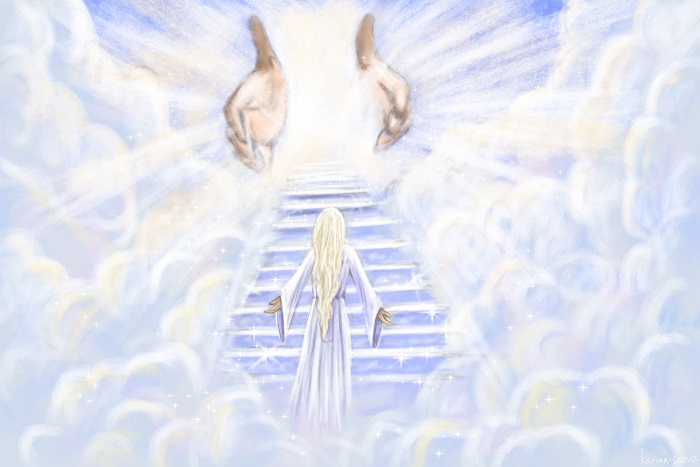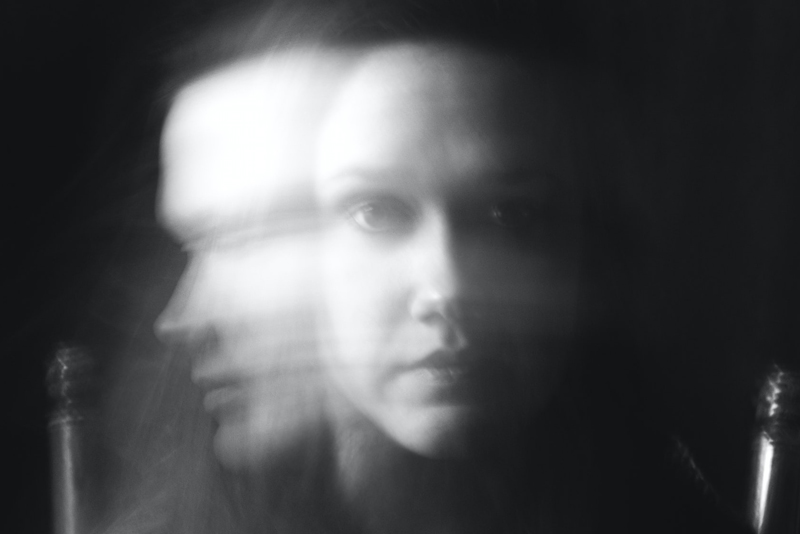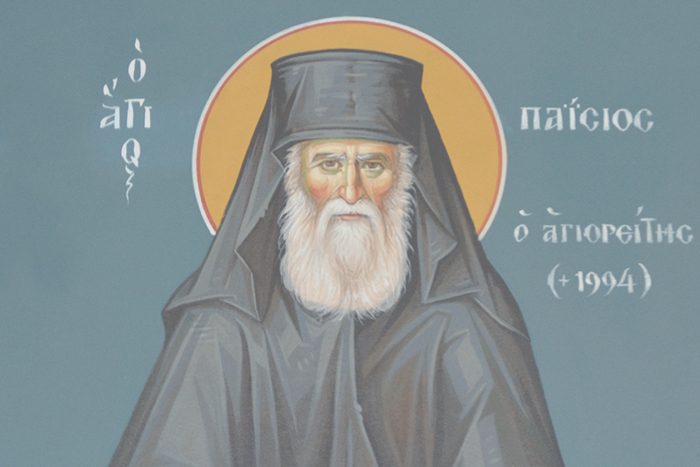
There is a contested concept of toll houses in the Orthodox Church. Perhaps, every Orthodox Christian has had to consider how he or she is going to traverse them. The issue of death is of vital importance for many people. There are countless questions and arguments arising with regard to this issue. The Orthodox Church didn’t promulgate her teachings on the afterlife formally and refrained from getting into too much detail on what happens with a person’s soul after he dies. However, if we look into the Holy Scripture, we may be able to draw several important conclusions that can keep us safe from misinterpreting the teaching of toll houses.
I. As we have already pointed out, the teaching of toll houses is not universally accepted. The Church has not provided any dogmatic definition on that issue. At the same time, this teaching is more than just an opinion of certain Holy Fathers. It is okay to be cautious with regard to any teaching about the afterlife and consider it to be a mystery that Christ preferred not to reveal to us. A Christian can simply believe in the following statement of Apostle Paul, [I]t is appointed unto men once to die, but after this the judgment (Hebrews 9: 27) and forbear from being too curious about his or her posthumous fate. Instead, one could focus one’s efforts on living his or her life piously so as not to be afraid of any kind of aerial toll houses.
II. The teaching of toll houses should not be taken literally with all the details we find described by the holy ascetics. Everything that happens to us after we die is metaphysical and spiritual, so it cannot be conveyed by human language or even grasped by human brain. Notwithstanding that, we can use mental representation and allegory in an attempt to describe what is going on. To that end, we can use various symbols that convey the reality more or less adequately. The main emphasis of the teaching of aerial toll houses is the inevitability of giving an account of all our words, thoughts, and actions during our lives to Christ who is the Judge of all, to the Angels of God who will beseech the Lord to have mercy on us, as well as to the fallen spirits who will accuse us. We should also be aware of the didactic purpose of the teaching of toll houses, which can be used to encourage us to treat our own words and actions more seriously.

III. The teaching of toll houses should not be taken to imply that fallen spirits have any power over the souls of deceased Christians. We do not own ourselves. We are property of him who redeemed us with his precious Blood. We are Christ’s; and Christ is God’s. (cf. 1 Cor. 3: 23). Therefore, demons have no power over Jesus’s property. They didn’t dare even to go into a herd of pigs without Jesus’s permission. However, there is a but. Have we lived like the disciples of Christ ought to live, or have we obeyed the prince of demons more? If we are full of sins and passions, to what extent do we belong to God and to what extent are we sons of perdition? Saints aren’t judged at all; they cross over from death to life (John 5:24), while sinners are voluntarily enslaved by their own sins, so demons have a lot to accuse them of. Their souls are in need of the intercession of Jesus Christ, the Mother of God, Angels, and the whole Church.
The good thief managed to repent at the last moment, and Jesus promised that he would be with Him in paradise that very day. In spite of that, we shouldn’t be dawdling about our whole life, hoping for God’s mercy. Remember, there was another thief who didn’t repent. He cursed Christ because he was gripped by his sins and fear. We have the chance to repent, to purify our hearts and minds, and to get ready for the Judgment, which no one can avoid. If we do so, then, by the grace of the Holy Spirit, clinging to Christ and becoming more like him, having him as our Intercessor, we shall be able to utter the following words on the day when we die, The prince of this world is coming. He has no hold over me (John 14: 30).




Thanks for your share. Although I’m Orthodox I have a need to question and search for truth regarding theology and the truth. I no longer hesitate to think outside the box as I get revelations and think about these things very deeply. I don’t agree that the life hereafter is as bold as heaven and hell as eternal damnation makes little or no sense at all. The language used in old and new testament needs to be understood and be put in an accurate perspective. My freedom to question and ask or explore my faith further is often met with opposition from fellow orthodox friends because they view it as heretical and are too afraid to question, seek and ask. Wish people were more theologically inclined and open to discussion and truth.